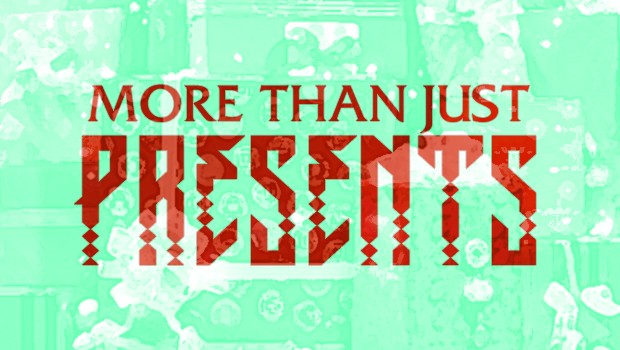Humor is a personal thing. And a cultural thing, which I know from experience since I’ve lived in several countries. But it’s also an age thing, or more accurately: a developmental thing.
And all three of these aspects contribute to the danger of humor with teens.
Let’s start with the last one. Some sorts of humor, notably sarcasm and irony, are abstract. That means young teens or students who haven’t fully developed their abstract thinking, may not get it. That in itself isn’t a problem, but the issue with irony and sarcasm is that if you don’t get it, if you take it literally, you get a completely different message.
An innocent example: a teen drops a bowl of chips on the floor and you say: “Oh brilliantly done dude!” If he doesn’t get the double meaning here, he might be just confused. But what if you said something negative and meant it positive? Something like: “Man, those stains will ruin the perfectly clean carpet of the youth room forever!”

Humor is cultural as well. What is considered funny in some countries, is rude in others. A quick glance at the differences between British and American humor make this all too clear.
But it can be more subtle than that. Humor also differs from ethnicity, cultural background, region even. Just compare the very direct New York style (which isn’t al that different from the Dutch humor I grew up with) to the far more indirect southern jokes. What’s normal in one area, may be considered an offense in others.
Last but not least, humor is a personal thing. I love word jokes for instance, or the perfectly timed movie quote. My husband never gets the latter, since he doesn’t watch the movies I quote.
It’s okay if people don’t get your jokes, or if you don’t get them. But with teens, being inclusive is important. You don’t want a student to feel left out because he doesn’t get the jokes you all share.
My point is: be careful with humor. Make jokes, absolutely. Youth ministry thrives on laughter! But be considerate and use your brain. Make sure your intended jokes are indeed funny and understood as jokes. Go easy on the sarcasm and irony, especially with younger teens.
Be inclusive. Students shouldn’t feel left out because they don’t share your hobbies or type of humor.
And needless to say: never ever make jokes about any ethnicity, race, sexual orientation, or religion. Stereotypes often go for the easy laugh, but they can come across as quite hurtful.


Leave A Comment